
NYSDEC Releases New Water Quality Guidance Values for PFOA, PFOS, and 1,4-Dioxane
New water quality guidance values for PFOA, PFOS, and 1,4-Dioxane were released by the NYSDEC for public review on October 6, 2021. The public comment period has been extended to December 6, 2021. These strict guidance values for contaminants in groundwater and...

Protect Your Family, Schools and Businesses from Radon
Radon is a gas that is colorless, odorless, tasteless, and radioactive. This gas is found in soil and rocks and produced from the decay of naturally occurring uranium. The American Lung Association states that indoor radon is the second leading cause of lung cancer in...
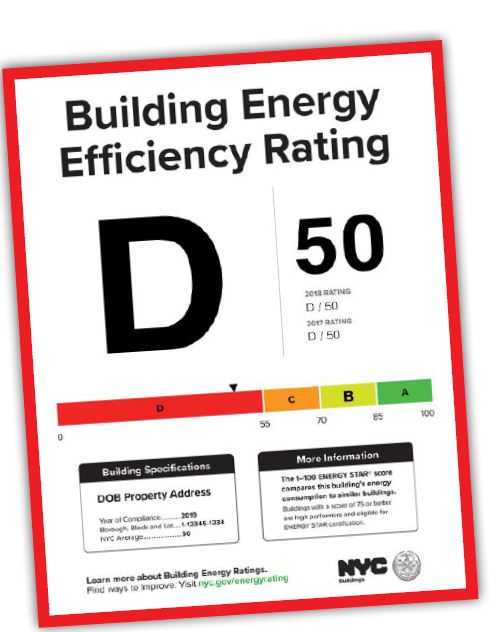
Building Efficiency Grades Released for NYC Buildings
On October 1, 2021, New York City released new building efficiency grades for buildings over 25,000 square feet and multiple buildings on a single lot that total at least 100,000 square feet. Originally launched in 2020, New York City’s Energy Efficiency Letter Grade...
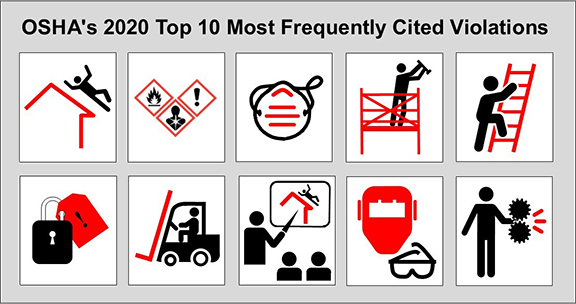
OSHA’s Top 10 Most Frequently Cited Violations for 2020
Every year the Occupational Safety and Health Administration (OSHA) releases a list of their Top 10 most frequently cited violations following inspections of various worksites across the United States. Why Does OSHA Publish This List? This list is published so that...

Zero Emission Vehicle Project Funding Available for New York Municipalities
Up to $2,800,000 is available in the 2021 Municipal Zero-Emission Vehicle (ZEV) Program. These grants are being offered to help municipalities install public charging stations and purchase or lease electric vehicles for fleet use. The ZEV Infrastructure Grants provide...
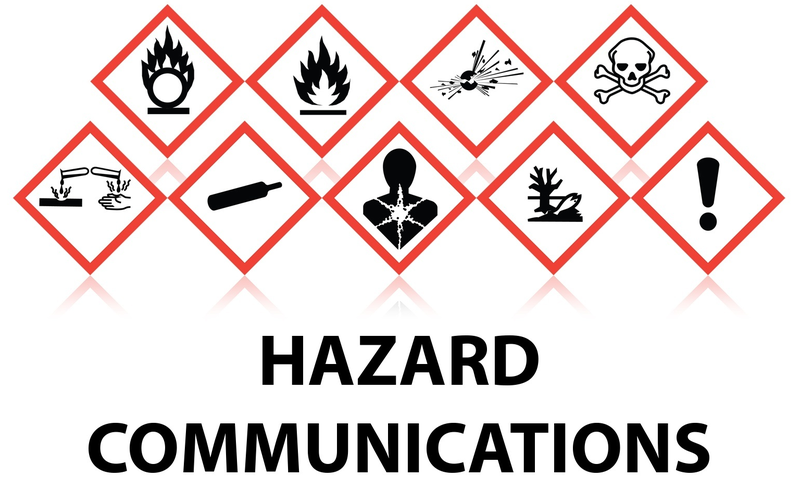
OSHA Issues Notice of Informal Hearing to Discuss Updates to Their Hazard Communication Standard
A notice of information hearing is scheduled for September 21st by the U.S. Department of Labor’s Occupational Safety and Health Administration (OSHA) for updates on the Hazard Communication Standard (HCS). The hearing will be held virtually at 10 AM, EDT and if...
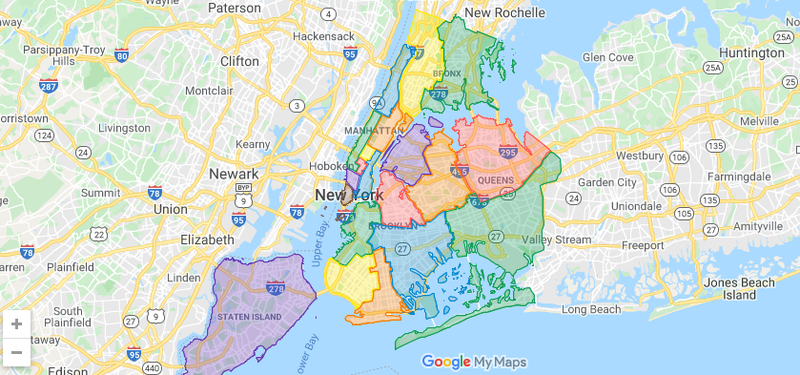
New York City Department of Sanitation to Hold Public Hearing on Proposed Rules
The New York City Department of Sanitation (DSNY) will be holding an online public hearing on proposed rules that relate to waste carters operating in commercial waste zones at 9:30 am on September 15, 2021. Overall, the proposed rules aim to accomplish the following:...

Non-Compliance May Cost You…
AND MUCH MORE THAN YOU MAY THINK Architecture Construction Safety First Career Concept (Originally published May 2021.) As we mark a year of businesses operating during a worldwide pandemic, it is a good time to give your facilities and operations a thorough review....
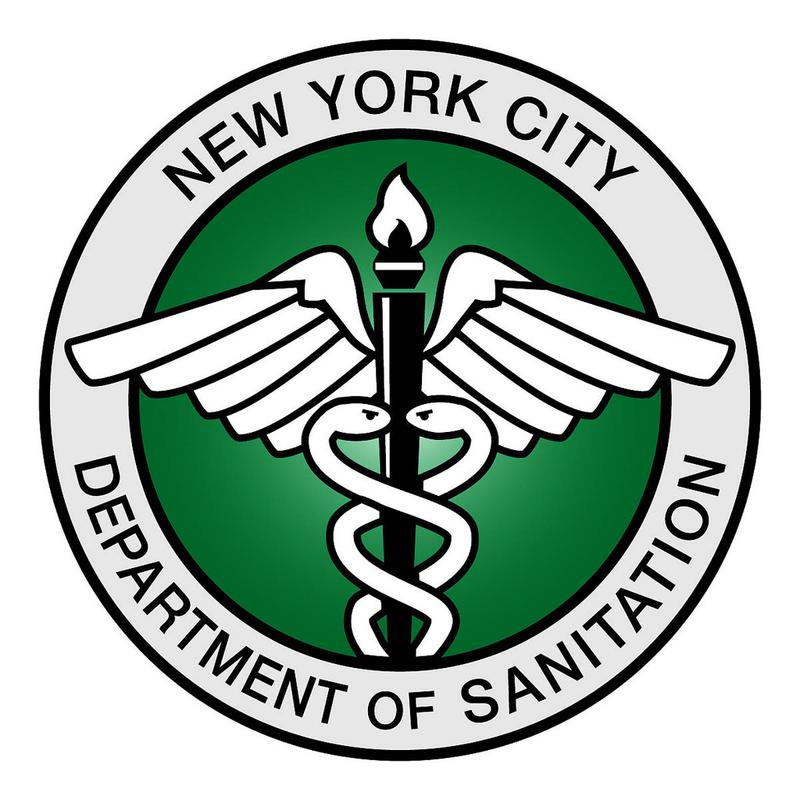
New Proposed Rule by DSNY
The New York City Department of Sanitation (DSNY) is proposing a new amendment to rules to tighten up on trash and recycling being left on curbsides and sidewalks stating that “mountains” of bags have been attracting rats and impacting quality of life in the...

NYSDEC Is Proposing to Amend DAR-1 Policy for Implementing Part 212
The New York State Department of Environmental Conservation (NYSDEC) is proposing to revise the guidelines for Part 212 to improve the clarity of its requirements. What do the guidelines implicate? The document issued by NYSDEC outlines the procedures for evaluating...
